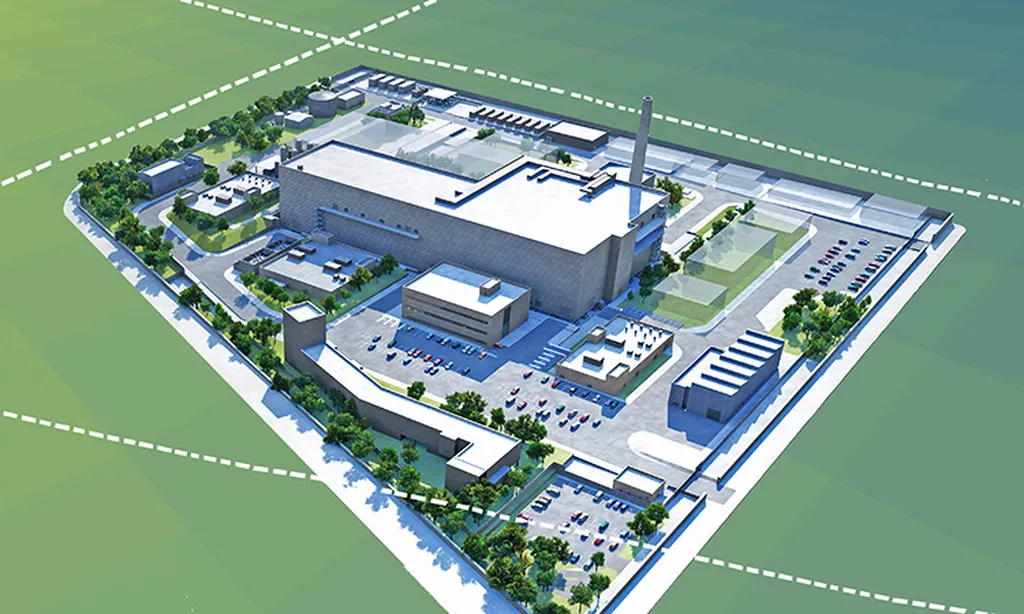In the heart of Granada, Spain, a unique challenge is unfolding, one that could significantly impact the future of fusion energy. The DEMO Oriented Neutron Source (DONES) programme, managed by the IFMIF-DONES España Consortium, is pushing the boundaries of project management and systems engineering to build a facility that will test materials for the first demonstration fusion power reactor, DEMO. The research, published in the English-language journal Nuclear Fusion, sheds light on the intricate management approach required for this ambitious project.
The DONES programme aims to create a database of fusion-like neutron irradiation effects on materials, a crucial step in developing robust and safe fusion reactors. To achieve this, the International Fusion Materials Irradiation Facility (IFMIF)-DONES will generate a broad energy distribution neutron flux through Li(d,n) nuclear reactions. However, the complexity of this facility demands a tailored management approach.
“Standard management practices cannot be used directly due to the inherent complexity of this facility,” explains lead author M. García from the IFMIF-DONES España Consortium. The project involves a multitude of research units and engineering disciplines, making it an extraordinary challenge. García emphasizes the need for extensive modeling and customization to meet the unique requirements of IFMIF-DONES.
The management approach described in the article focuses on achieving traditional project objectives—time, cost, quality, and safety—while maximizing stakeholder satisfaction. The paper outlines the main project structures, their evolution, and the future paradigm for a flexible and adaptable project organization.
The implications of this research extend beyond the immediate scope of the DONES programme. As the world looks towards cleaner and more sustainable energy sources, fusion energy holds significant promise. The successful management and execution of the IFMIF-DONES facility could pave the way for advancements in fusion technology, potentially revolutionizing the energy sector.
The research highlights the importance of innovative project management in driving technological progress. By addressing the unique challenges posed by complex projects like IFMIF-DONES, managers and engineers can develop strategies that enhance efficiency, reduce risks, and improve outcomes. This, in turn, can accelerate the development and deployment of cutting-edge technologies, benefiting industries and consumers alike.
As the DONES programme continues to evolve, its impact on the energy sector will become increasingly apparent. The insights gained from this research could shape future developments in fusion energy, bringing us closer to a future powered by clean, sustainable, and virtually limitless energy sources. The journey is complex, but the potential rewards are immense, making the DONES programme a beacon of hope and innovation in the energy landscape.

